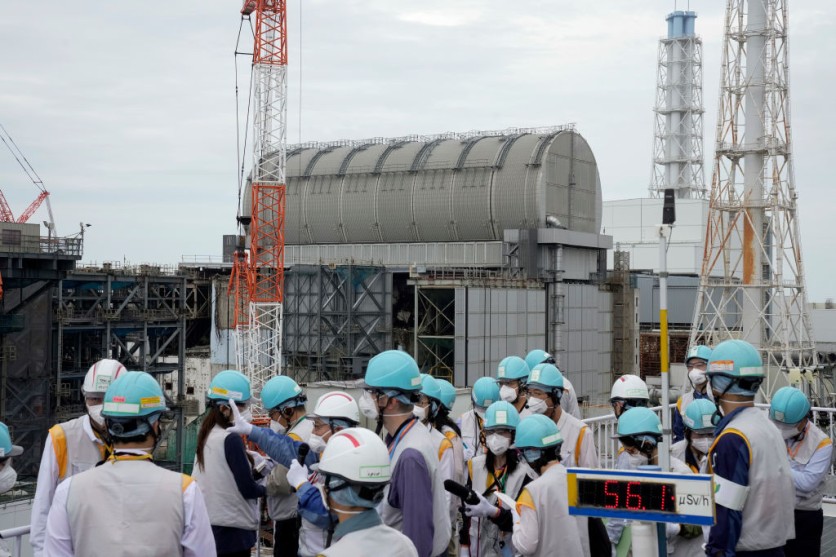For many years, the world has been significantly concerned about the Fukushima Daiichi Nuclear Power Plant's operations, and now, Japan has announced that it is planning to release its treated waste into its oceans. While the wastewater is already treated, it was revealed to still contain tritium, a known radioactive substance that can cause cancer if consumed in great quantities.
The decision for this is set for the Land of the Rising Sun, despite the massive concerns and opposition of global entities that reviewed and studied the Japanese nuclear power plant.
Fukushima Daiichi to Release its Radioactive Waste

As part of Japan's decommissioning of the Fukushima Daiichi plant to close it off completely and turn away from the disaster more than a decade ago, the country has announced its decision to dump its waste in the ocean. Japan claims that the waste is already treated, but it is still radioactive, containing the weak source of beta radiation, tritium.
The East Asian country is set to release the radioactive waste into the ocean by August 24, despite the massive opposition from global entities to its decision. Prime Minister Fumio Kishida said that it will begin this Thursday should weather conditions be permissible.
Not only are the international groups concerned in this matter, but also locals, particularly the fishing groups which believe that it would destroy the ecosystem.
Japan will discharge as much as 7,800 cubic meters of waste for the first batch, and it would take as much as 17 days to do so on the first dump says the Tokyo Electric Power Company (TEPCO).
Japan is Set to Continue, World Opposes It
Despite the massive concerns of the world and regulatory bodies, Japan is still set to proceed with its decision as it is an essential part of its decommissioning.
The International Atomic Energy Agency (IAEA) released its study of Japan's implementation, and it has found that this future undertaking is "negligible" for its people and the environment.
The Fukushima Daiichi Plant
The infamous Fukushima disaster is known as one of the most recent nuclear meltdowns in the world, and took place north of Japan's capital city, Tokyo, back in March 2011. Back then, there was a ban on resuming operations in different nuclear power plants in the country, and back in 2015, the first company to restart its nuclear reactor was Kyushu Electric Power Co., a controversial event for the country.
It is known that getting exposed to nuclear radiation can bring adverse effects to humans, with different manifestations in various exposure levels and situations. However, a previous study in 2015 linked thyroid cancer in children to the March 2011 accident in the Fukushima Daiichi Nuclear Power Plant, with as many as 137 young Japanese citizens found o have developed it.
The tsunami incident and Fukushima accident were one of the most horrific events in human history that have ties to nuclear power plants, and while this was caused by a natural disaster, there are still responsible people for its operations afterward. Now, Japan is decommissioning the Fukushima Daiichi plant, and alongside this is its decision to dump its radioactive waste into the ocean, feared by the world.

ⓒ 2025 TECHTIMES.com All rights reserved. Do not reproduce without permission.




